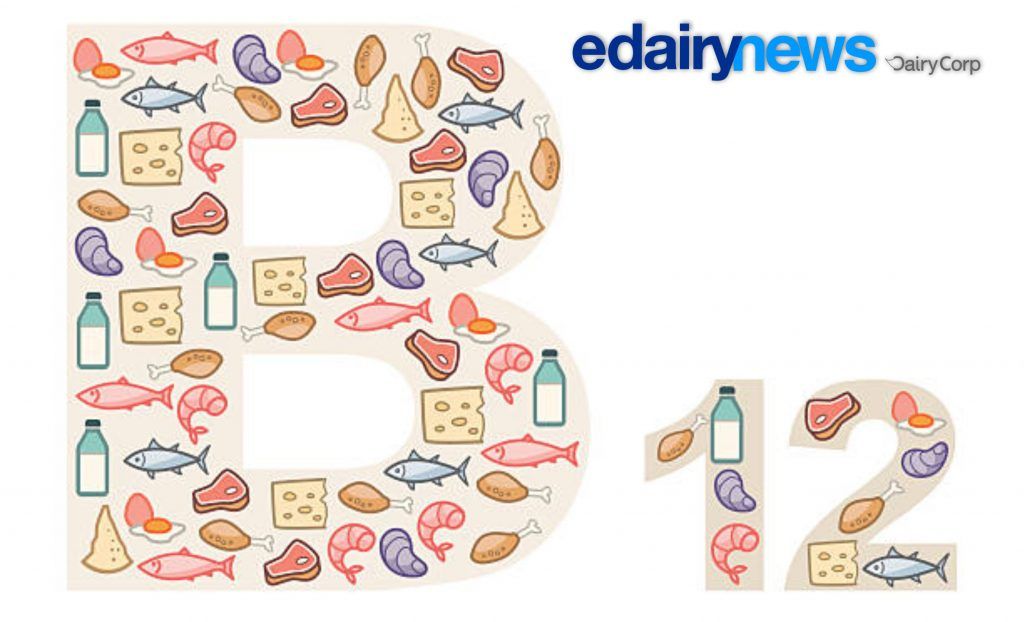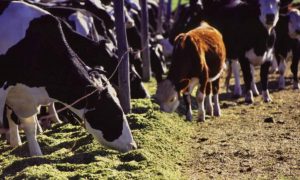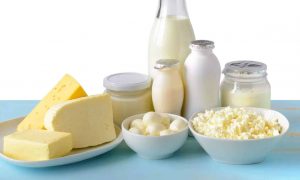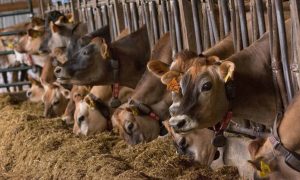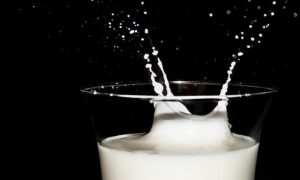
Vitamin B12 is important for the production of red blood cells, DNA synthesis and the normal functioning of the nervous system; it is necessary for the synthesis of methionine, which is an amino acid that is essential for protein production and the elimination of methyl (a chemical group that binds to some proteins).
Vitamin B12 also helps maintain adequate levels of homocysteine, an amino acid that can affect the risk of cardiovascular disease.
What happens when we lack vitamin B12?
A lack of vitamin B12 can cause pernicious anemia, or megaloblastic anemia, which happens when there are not enough healthy red blood cells to carry oxygen to the body’s tissues.
Symptoms of pernicious anemia are fatigue, weakness, pale skin, feeling dizzy, shortness of breath and palpitations.
Lack of vitamin B12 also affects the nervous system, causing headache, tingling or numbness in the fingers or feet, and difficulty walking or controlling movement.
If this condition is not treated, it can lead to serious neurological problems and damage to the spinal cord.
Vitamin B12, a vehicle for energy
Vitamin B12 is essential for the normal functioning of the brain and nervous system and is also necessary for the production of red blood cells, which carry oxygen to all cells in the body, which is crucial for energy.
An organism with low levels of vitamin B12 suffers from tiredness and fatigue because it is not getting enough oxygen.
So how does a vegan manage to incorporate essential nutrients?
There is no natural way to be vegan and receive adequate nutrition. A vegan has no way to receive vitamin B12 unless he or she consumes daily supplements in the form of capsules, tablets or liquid to ensure adequate intake. While there are some plant-based sources of vitamin B12, such as some types of algae and mushrooms, they are not reliable for meeting daily needs.
Dairy products are a good source of vitamin B12, and therefore can be helpful in ensuring sufficient intake of this important vitamin.
How much vitamin B12 do we need?
The recommended amount of vitamin B12 for adults is 2.4 micrograms per day: one cup of whole milk contains about 1.2 micrograms of vitamin B12, one cup of plain yogurt contains about 1.4 micrograms. If we talk about cheeses, things may vary from one type to another, but for example Parmesan cheese offers us 1.9 micrograms per 4 ounces or 115 grams.
That is, regular consumption of dairy products can, in addition to ensuring essential nutrients such as protein, calcium, vitamin D, essential for the normal functioning of the body and bone health, obtaining energy and good help to control weight, being low-calorie and low-fat foods, they ensure an adequate amount of vitamin B12.
The body is the temple of the soul, it is the place we inhabit and it is important to take care of it to keep us healthy and strong. Taking care of our body is taking care of our spirit. By exercising, eating a balanced diet and living a healthy lifestyle, we contribute to keep body and mind healthy, strong and fit.
It is not by self-destructing that we become compassionate with animals, or save the planet. How can we think we are healthy if we stop getting nutrients from nature, to get them at the pharmacy? Let’s put an end to fads that under false precepts only contribute to human extinction.
Consuming dairy products is good, and those who produce them work to create nutritious food, with high standards of quality and food safety, providing their animals with good care, guaranteeing them a life in comfortable and healthy conditions.
Have you had your glass of milk today?
